Nature reports
Publisher: NIOZ Royal Netherlands Institute for Sea Research
Page 5 of 7 - 66 Results
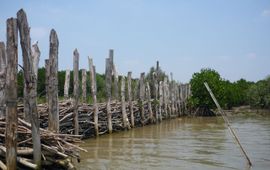
Along the northern coast of Java, Indonesia, relative sea level rises at an alarming rate due to land subsidence. This has tremendous effects on people and mangrove forests along the coast. Over the past four years Celine van..
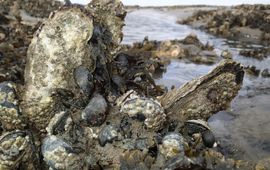
Plants or animals brought into nature - accidentally or on purpose - from distant lands can cause major problems. Such exotic species are therefore seen in a negative light, especially when they are also 'invasive' and push out..
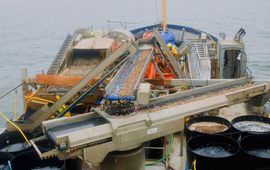
In recent years, the fishing industry has been working with scientists to investigate the sustainable catching of Spisula subtruncata, a North Sea shellfish. Bird conservationists also participated, working together to gain more..
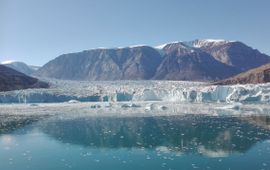
During the 21st century, the retreat of the Greenland Ice Sheet will potentially change the composition of marine coastal species in Greenland, from bacteria to fish. This is a main research conclusion of NIOZ PhD candidate Alice..
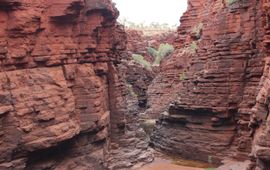
Nearly 2.5 billion years ago, seas on our planet alternately contained more or less oxygen, due to the slow 'wobble' of the rotating Earth. PhD student Margriet Lantink: "The fact that the Earth eventually became an oxygen-rich..
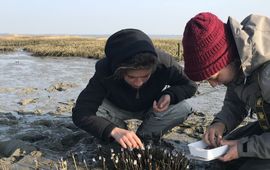
Shoots of a young grass plant in the salt marsh grow clustered regardless of environmental factors. Whereas in the dunes, young grasses organize their shoots differently depending on the species and their habitat. New research..
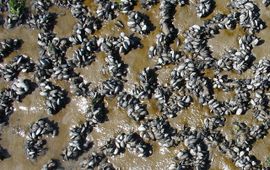
What makes ecosystems resilient to climate change? A solid spatial structure. Researchers discovered a type of pattern forming in ecosystems that closely resembles the patchwork pattern that forms at very small scales in alloys..
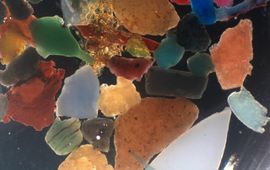
The bacterium Rhodococcus ruber eats and actually digests plastic. This has been shown in laboratory experiments by PhD student Maaike Goudriaan at Royal Netherlands Institute for Sea Research (NIOZ). Based on a model study with..
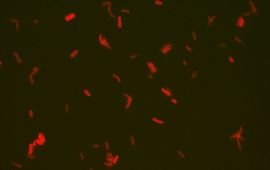
Microbes have skins that react to the environment, a bit like our skin sweats when it is hot or shivers when it is cold outside. Fossilised microbial skins give us a glimpse of the climate in the geological past. By discovering..
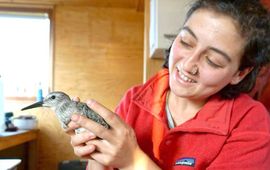
The Wadden Sea is changing due to human influences such as mining for gas, tourism and sea level rise. Researcher Selin Ersoy, ecologist at the Royal Netherlands Institute for Sea Research (NIOZ) studied how ‘personalities’ of..
